Job hunting in Japan was fun (compared to South Korea) here is why
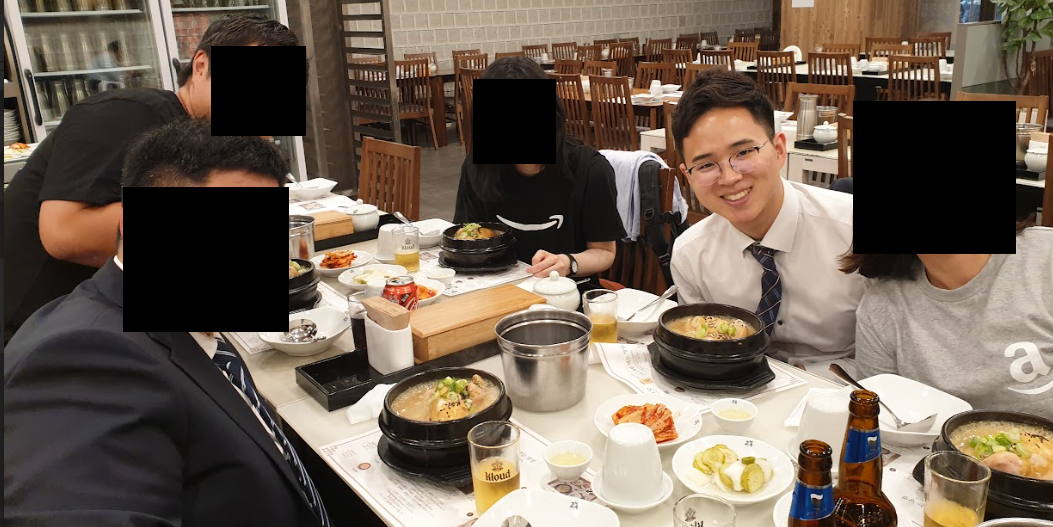
Looking back, job hunting for me was lots of fun. I would even say one of the most exciting periods of my life.
Why?
Isn’t job hunting usually quite a stressful period? This is very interesting in that it wasn’t that getting the job part was the only fun part. Overall the period staring from 2018 Dec to 2019 July was quite joyful.
Prologue
When a friend came over to visit me in Korea during Jan 2019, I found an event held by Moe. It was mainly just a drinking event for people who had ties to Japan.(The friend was a foreigner who lived in JP for 10 years)
There, I got to know of the job hunting group for soon graduating university students that Moe was planning to organize. In that group, I got to meet a TON of great friends who I still meet regularly after 5 years and counting.
*Moe later turned this group study into a recruiting business. KOREC has 15k+ people assigned on their recruiting platform as of Dec 2024.

Camaraderie
Having that group of friends to share the stress, experience, and anxiety was the biggest part. I had a support group that I can reach out to whenever there was a tough interview. To sit together and share the burden. Although I was alone when it came to the actual interviews, I felt quite deeply connected to that group of friends. It helped me to recover fast from failures(which were many, over 3 dozen to be more specific) and allowed me to quickly chase the next one.

Goal focused
It was about time that I got a job. I postponed my uni graduation for 2.5 years. It was not a gap year. More like just a gap. (Which I deeply enjoyed and would recommend any university student) However, fun aside, I felt that need to become independent financially.
Another layer was that finding the job in Japan meant I could see my then gf now wife again more often.
Habits
I was juggling many balls at the same time. I funked so many classes before so I had to take 5 to 6 management classes each semester during 2019.(the recommended number for your sanity was usually 2 to 3)
After school I had job hunting prep, homework, and exam preps. I also had to fly to Japan for interviews and tests. (Yes, this was before COVID) I knew I had to get quite all aspects of my life right to achieve what I wanted to achieve.
This led me to
- wake up 0630-0700
- Stretch 10 min
- Run 3km
EVERY MORNING. It was a ritual. All the share mates knew about my routine and they actually commented that my rigorous sticking to this morning routine already kind of sent a sign to them that I will get what I wanted.
Looking back, that diligence was quite something. Trying to get it back into my life with changing the stretch to yoga and run to a walk at the park.
Abundance of opportunities compared to KR
In my personal experience, job hunting in Korea seemed quite the broken game. You needed credentials that you never would have needed just to get pass the filtering before interview.
Internships were also considered a must often times.
The competition for a decent job, was outrageous.
I once applied for a job at philip morris, 2,030 people applied for 7-8 positions. I was selected to the top 24 and did not make it to the last 7-8. The failure was one thing but just the inflated competitiveness turned me off.
JP was a different story. I applied for 40+ positions, and I was able to at get to the interview part for 10+. I had the chance to show up and go for it.
By end of June, I had 5 good options to choose from.
Looking into stats (job openings to applicants ratio JP vs KR)
Job openings to applicants ratio clearly shows the differences.
If we compare Japan and Korea, the job openings to applicants ratio diffrence is quite dramatic.
| Country | Job Openings-to-Applicants Ratio | Interpretation |
|---|---|---|
| Japan | 1.31 (2023) | There are 1.31 job openings for every applicant, indicating a relatively favorable job market for seekers. |
| South Korea | 0.55 (2024) | South Korea has faced higher job market competition, especially for young graduates. https://biz.newdaily.co.kr/site/data/html/2024/03/11/2024031100208.html |


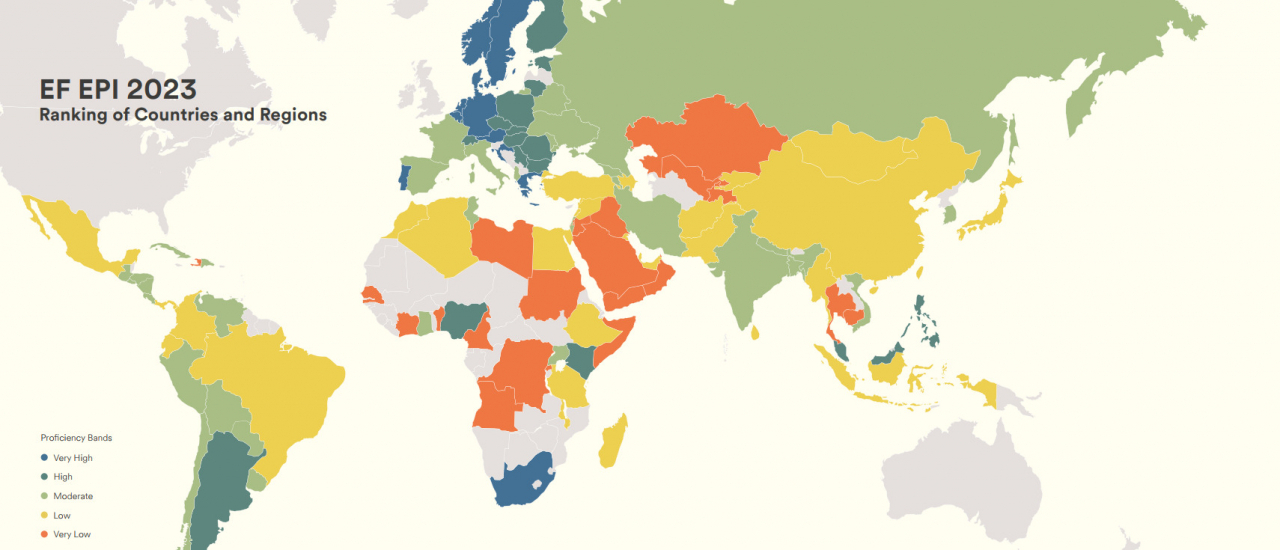

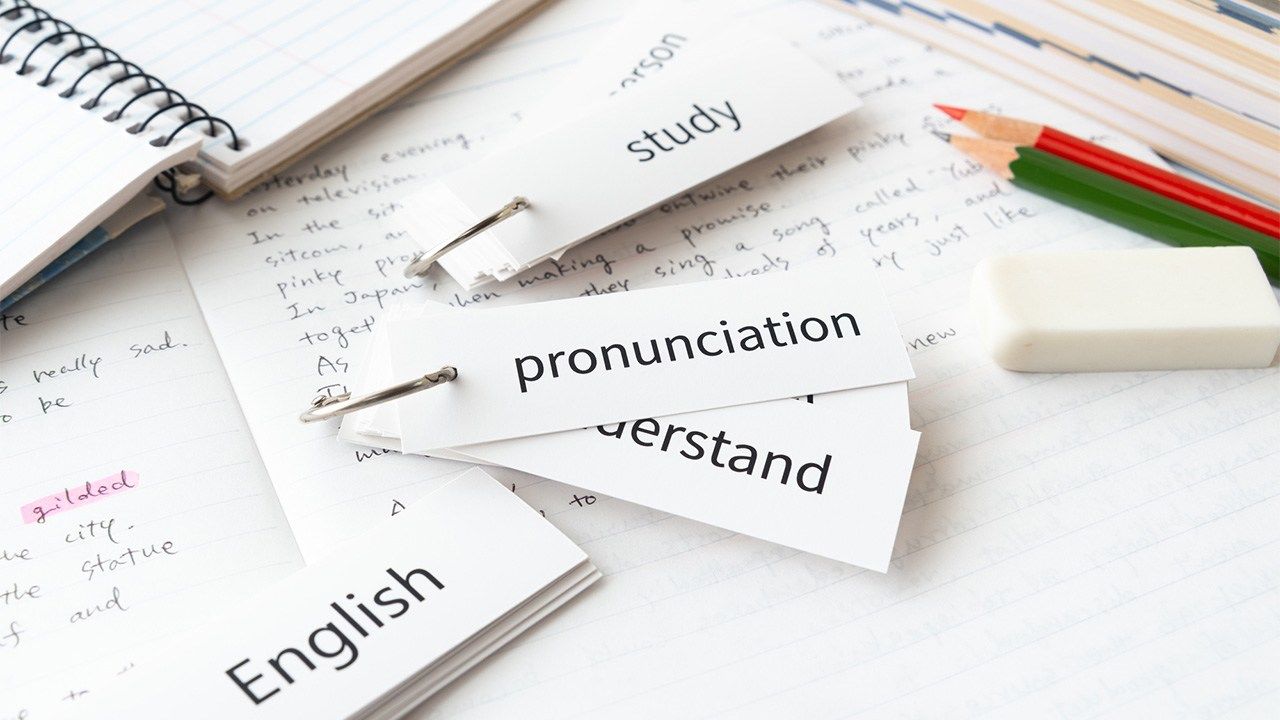

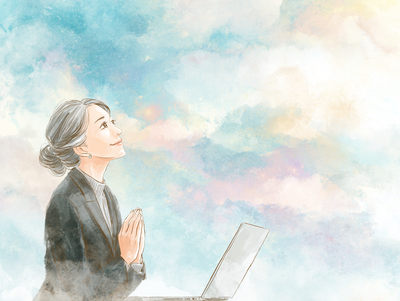

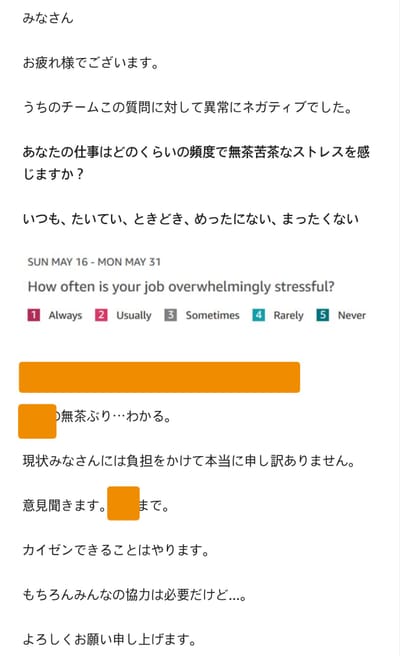
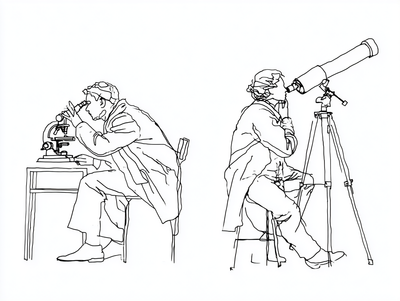
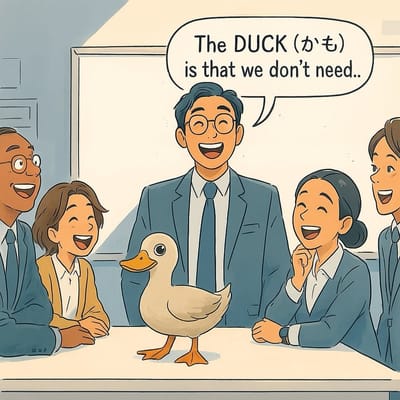
Member discussion